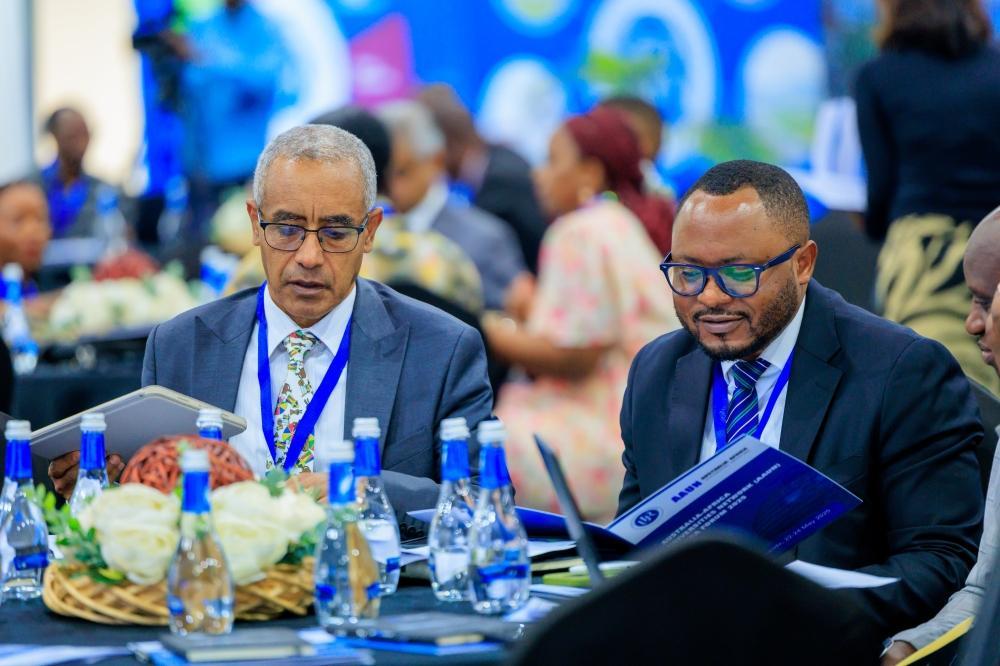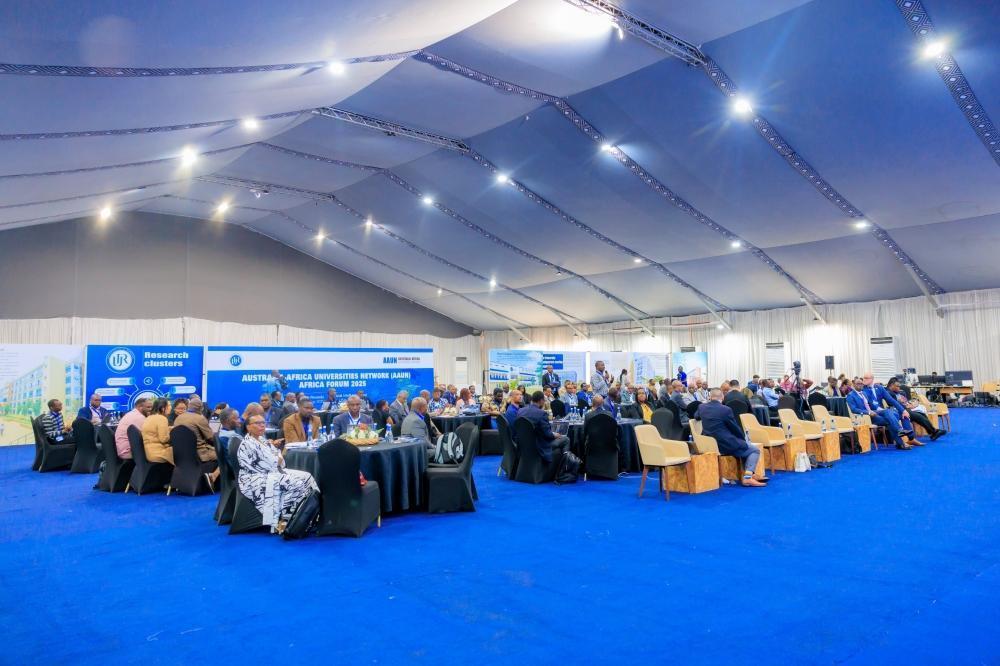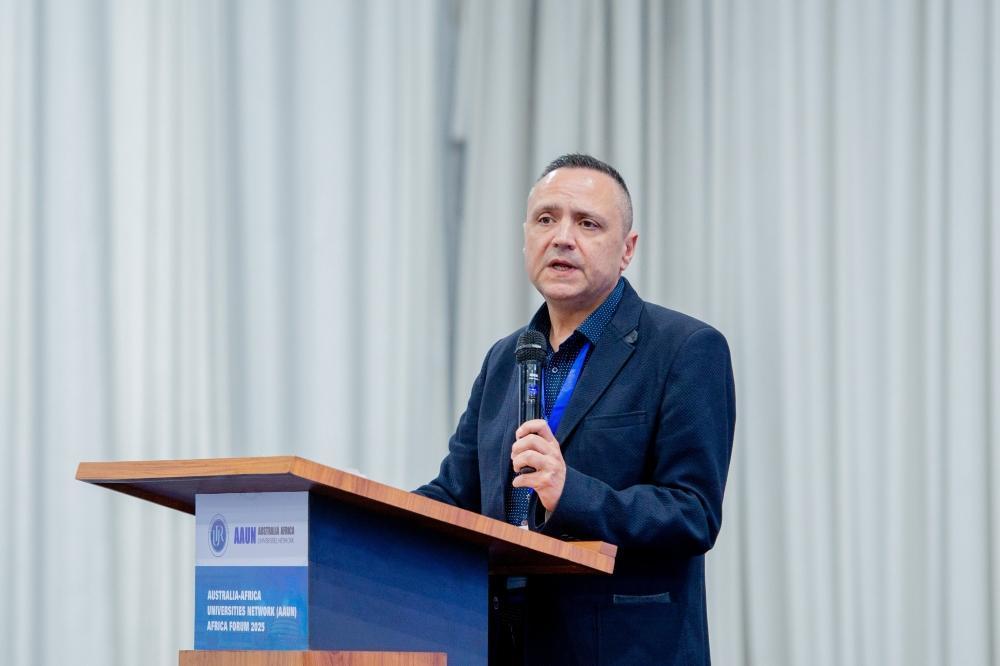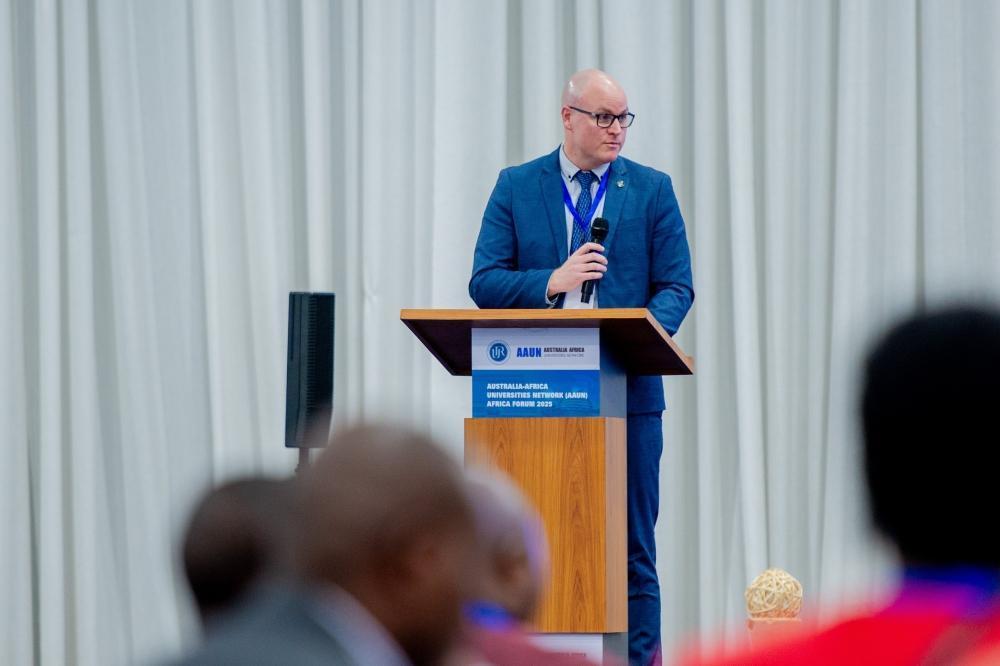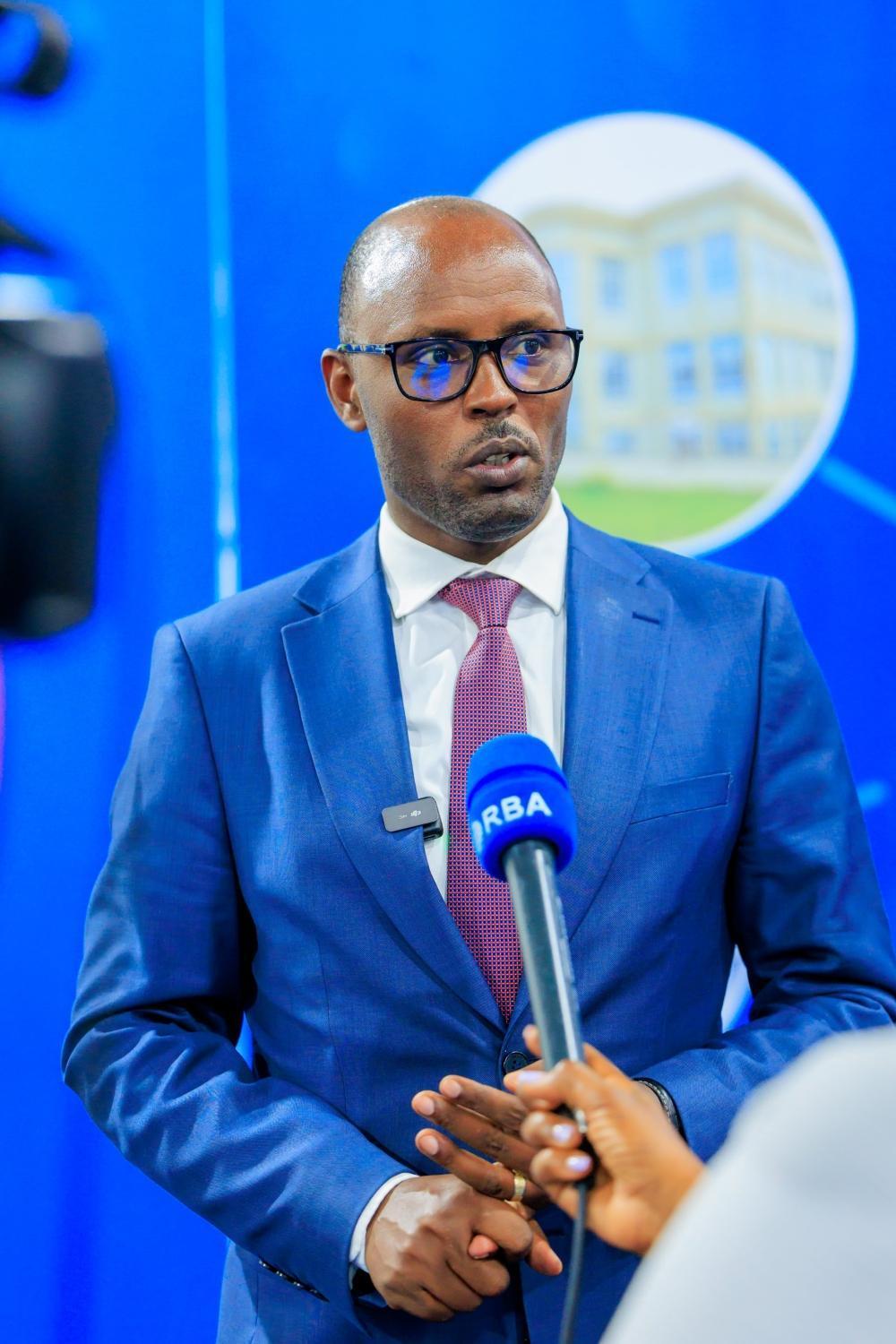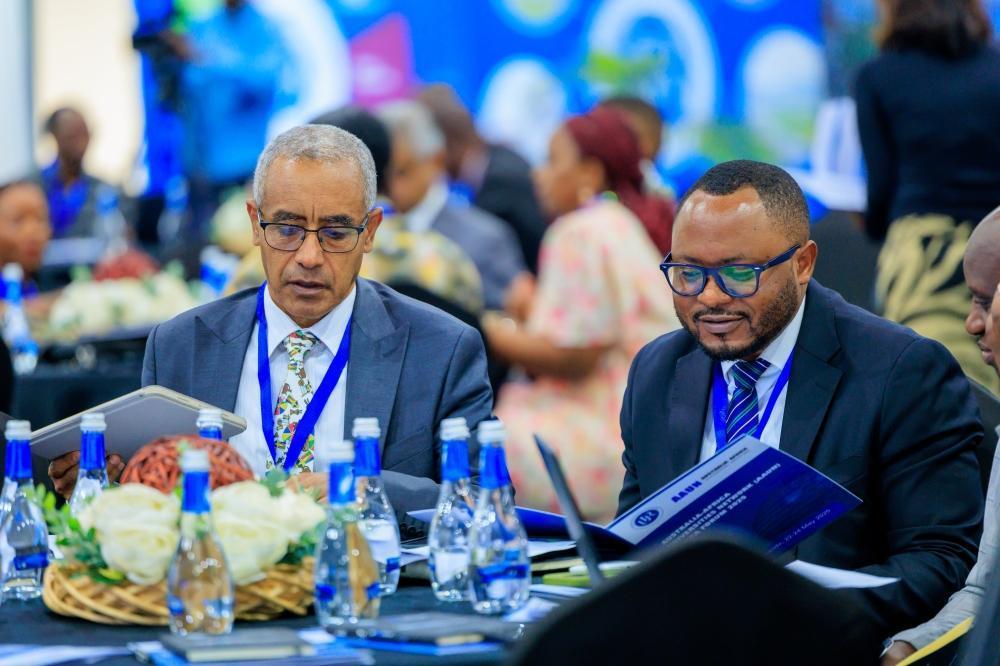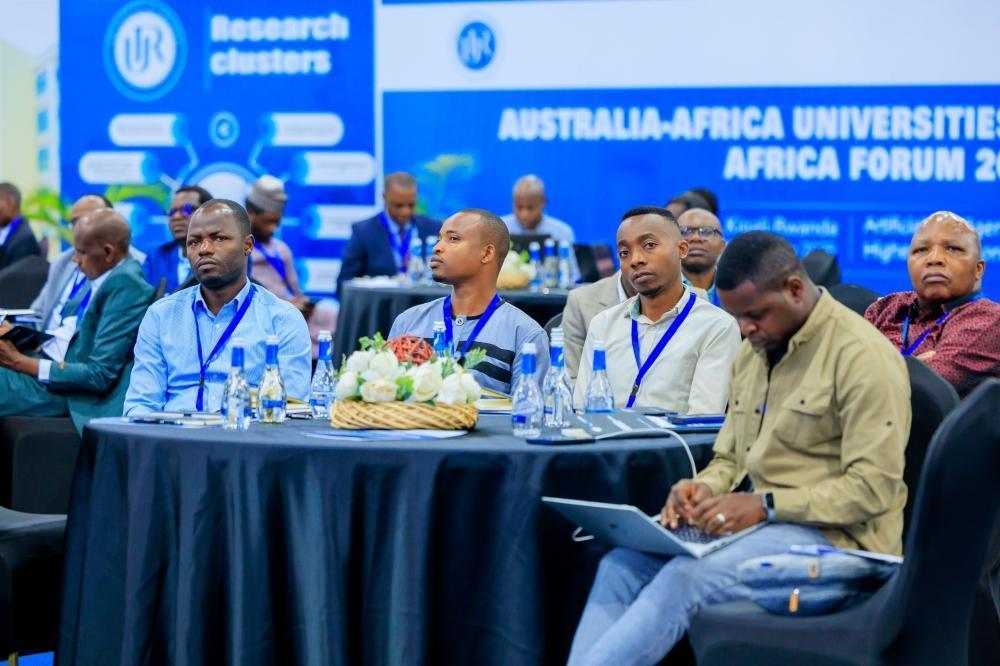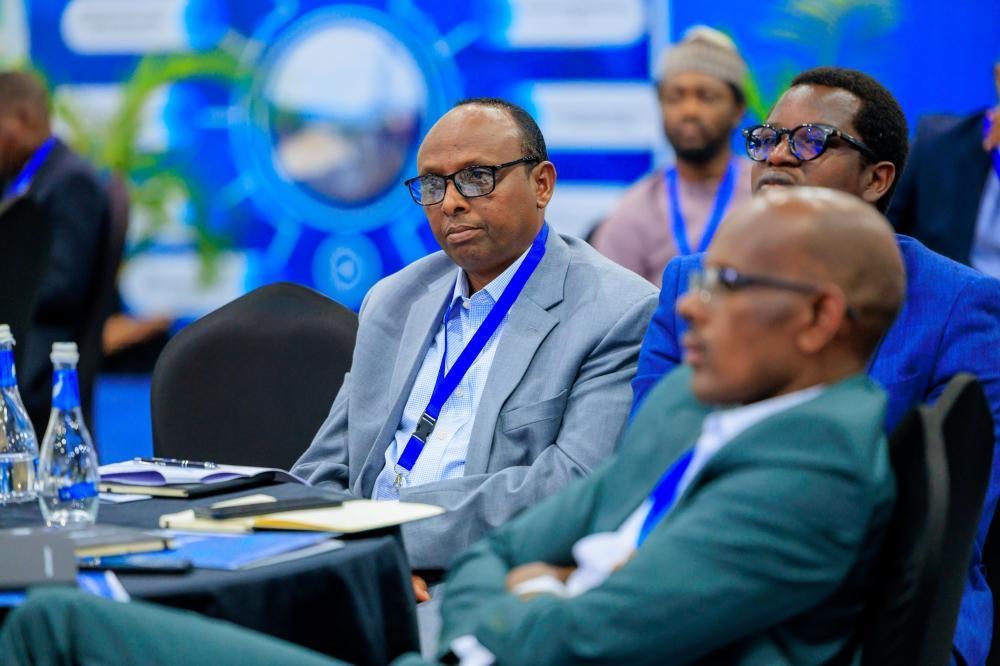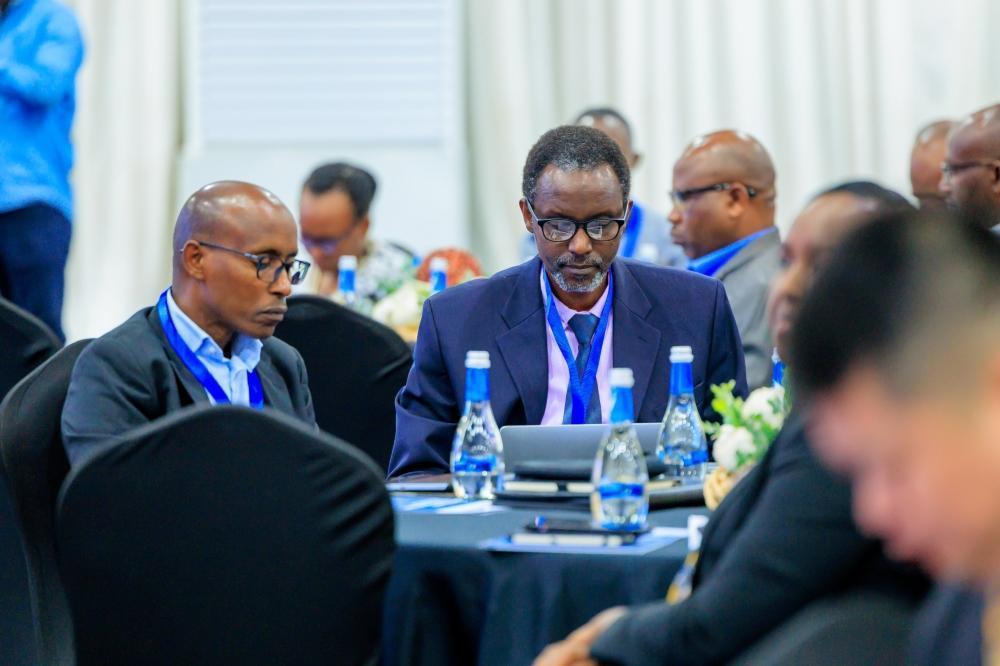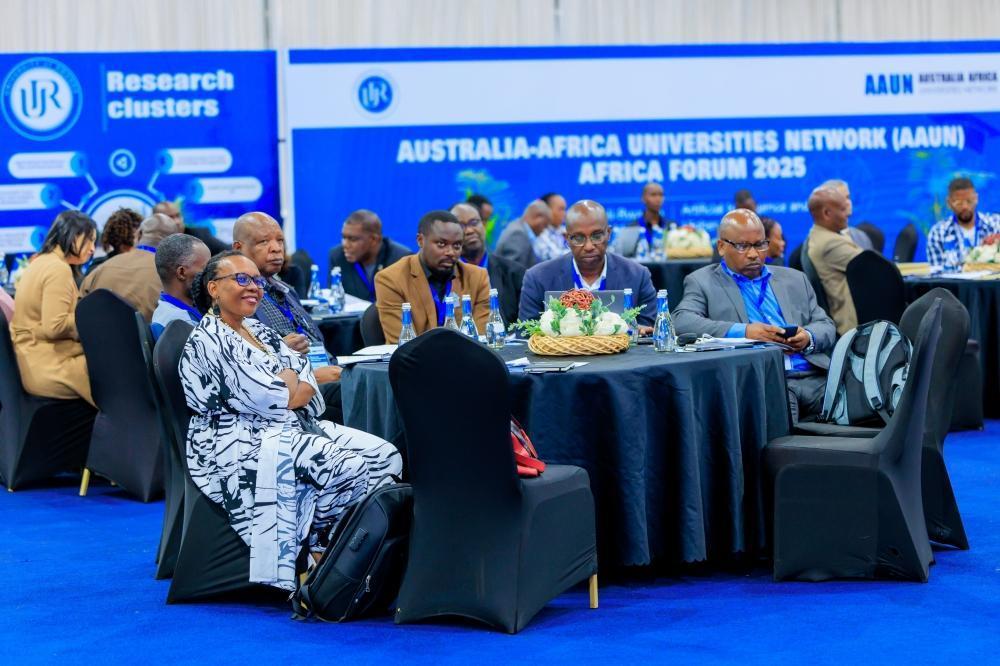Africa-Press – Rwanda. The University of Rwanda (UR) is working on several projects, including one aimed at empowering people with disabilities through artificial intelligence (AI), The New Times has learnt.
Prof. Damien Hanyurwimfura, Acting Director of the Centre of Excellence in Internet of Things (IoT) at UR, disclosed the development on May 23, during the 2025 Australia-Africa Universities Network (AAUN) Forum held in Kigali under the theme “Artificial Intelligence and Higher Education”.
“The project aims to explore how AI can support persons with disabilities,” explained Hanyurwimfura.
The project that could support people with disabilities is led by Kwame Nkrumah University of Science and Technology in Ghana, in collaboration with the University of Rwanda and Assistive Technologies for Disability Trust in Kenya, and will be implemented in the three countries.
The project, which began in January, is in the phase of a survey targeting stakeholders that involve people with disabilities, aiming to understand how AI tools can be tailored to their specific needs, according to Hanyurwimfura.
Based on the survey findings, AI models will be developed to tackle the challenges encountered by people with disabilities, alongside other supporting solutions.
Hanyurwimfura highlighted other national developments in AI, noting that the Ministry of ICT and Innovation has launched an AI Innovation Lab , while the Ministry of Health is piloting a smart health assistant powered by ChatGPT, to address health-related queries.
The Forum was held in Kigali
Harnessing centres of excellence
UR boasts two AI-driven Centres of Excellence. The Centre for Data Science, which houses high-performance computing infrastructure for processing data from sensors, images and other sources; and the IoT Lab, which collects environmental data through cameras and sensors.
“The data we work with is often too large and complex for conventional systems. We use high-performance computing (HPC) to process it effectively and generate solutions,” Hanyurwimfura explained.
The university also operates a Drone and Knowledge Hub, which utilises drones in agriculture for irrigation, pesticide application, and productivity monitoring. In emergencies, such as forest fires, drones can be deployed to capture images and deliver fire extinguishing materials.
“These are some of the practical applications we are working on,” he said, adding that the university is developing new academic programmes to match the rapid growth in AI technologies.
New programmes in the pipeline
Currently, the IoT Centre offers PhD programmes in computing systems and wireless technology. Plans are underway to introduce new master’s programmes in artificial intelligence and big data analytics.
“We are seeking government funding to establish these programmes. The idea was inspired by similar initiatives in Russia,” Hanyurwimfura said.
UR already offers bachelor’s degrees in ICT, Information Systems, Computer Science, and Computer Engineering, all fields related to AI. The university also runs master’s and PhD programmes in data science, but not at the undergraduate level.
“We want to focus more on AI, test more models, and increase algorithm accuracy using our existing infrastructure,” he added.
AI as a transformative force in education
Edward Kadozi, Director General of the Higher Education Council (HEC), underscored the growing impact of AI on education.
“AI is reshaping how we teach, learn, and produce knowledge, from personalised learning and adaptive content to data-driven decision-making,” Kadozi said.
“Artificial intelligence is no longer a futuristic concept exclusive to the developed world; it is transforming our present.”
Kadozi urged participants to challenge prevailing assumptions and explore inclusive ways AI can benefit all.
Addressing gender gaps in AI
Enatha Mukantwali, a PhD candidate in biomedical sciences at UR, is researching the use of AI to guide antimicrobial prescriptions and reduce antimicrobial resistance in Rwanda. She shared her personal journey as a woman interested in science and technology, stressing the importance of mentorship and support that girls need.
“I was fortunate to have a father who believed in me, and that belief gave me the confidence to pursue science,” said Mukantwali. “However, many girls are still discouraged from joining science and technology fields due to social norms and limited resources.”
Mukantwali completed her secondary studies in biochemistry in 2003 and later worked as a biotechnologist at the National Excellence Laboratory.
She was selected for a U.S. State Department exchange programme for women in science and technology in 2014, and she received mentorship from women scientists in Silicon Valley.
Today, Mukantwal is using Python scripts to extract global and local data on antimicrobial resistance to inform her research.
She advocates for young girls to take up science and technology courses, noting that technological competence empowers women in both professional and family life.
“If you can master technology, it can support you in every aspect, including motherhood and career advancement,” she said.
Jenny Da Rin, Australian High Commissioner to Kenya also took part in the forum
Prof. Aldo Stroebel addresses delegates at the conference
Prof. David Mickler, AAUN Co-Chair (Australia)
University of Rwanda Vice Chancellor Muganga speaks to jourinalists at the Forum
Delegates during the 2025 Australia-Africa Universities Network (AAUN) Forum held under the theme “Artificial Intelligence and Higher Education” in Kigali. Courtesy
For More News And Analysis About Rwanda Follow Africa-Press

